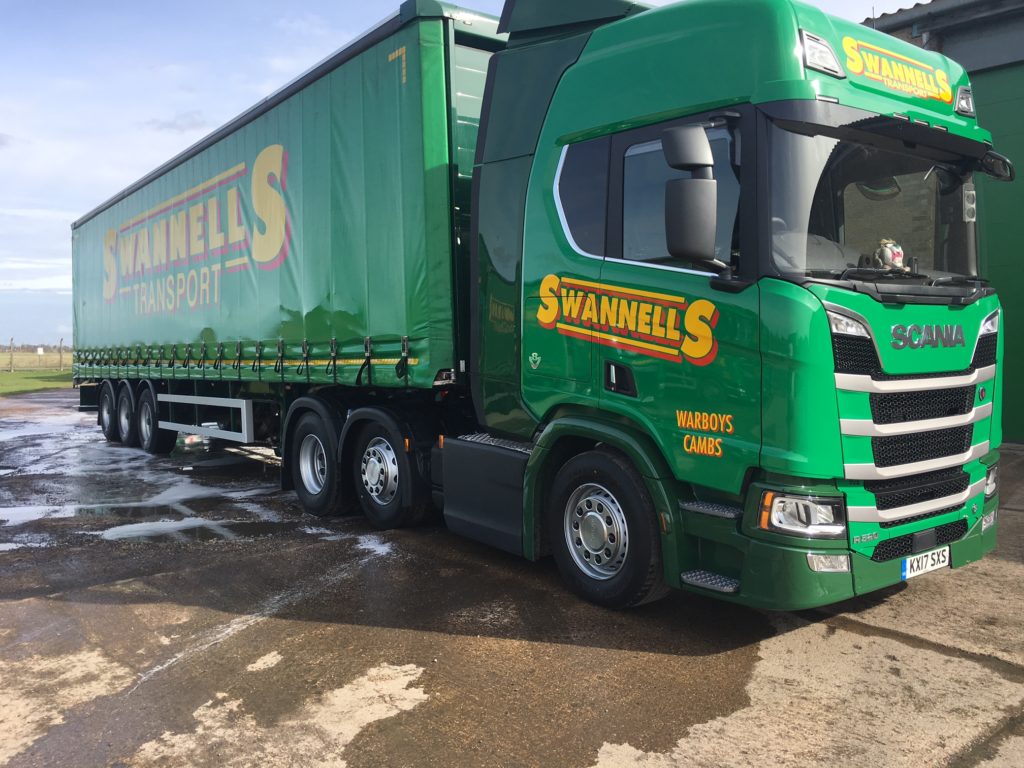You are responsible for your actions and your actions only. Whether you are an operator or a driver, it is your responsibility to make sure you/your employees and your vehicle are safe and prepared to be on the road. These protocols can range from vehicle checks to drug tests and could potentially stop you from causing a fatal accident. Here are 6 protocols you should undertake before leaving for a delivery.

Schedule and Plan Your Journey
As a worker, you should have an efficient system in place that will ensure you reach your destination in time. This includes taking into consideration potential congestion, weather conditions, learner drivers and road accidents, works or closures etc. Planning your journey allows you to be organised when on the road, decreasing the risk of getting distracted by maps or mobile phones.
In order to plan it, you need to be practical and must not jeopardise road safety. Meaning, you should allow time for general congestion and any other known disruptions that could affect your journey. Do this by taking into account your experience with driving your vehicle and how you feel about it – if you feel like you need to stay overnight, it’s vital that the security of your vehicle and load is highly secure.
Undertake Driver Training
Participating in driver training allows you to:
- Be qualified.
- Have a good knowledge of safety and the importance of it.
- Be more reliable than someone that hasn’t received proper training.
- Provide good customer service.
- Contribute to the business’s positive image.
The training should cover all aspects of a driver’s work, and each individual duty should have some sort of practice procedure. When you are training, you should be covered on duties such as:
- Emergencies.
- Overnight stops.
- Travelling abroad.
- Safe, secure and legal loading.
- Safe, secure and legal parking.
- Safety of refuelling.
- Correct driver behaviour.
- Correct control of speed.
All of these procedures and the overall training doesn’t just concern new drivers, so don’t scroll just yet. You as a driver should ensure that you refresh your training to keep yourself up to date and valid. Whether it’s just read the driver manual/handbook frequently, it’s important that your knowledge is updated and you understand how to act safely and correctly on the road with an HGV.

Have Plenty of Rest
According to a survey completed by 4,000 anonymous HGV workers, 29% of them admitted to falling asleep at the wheel. The risk of a fatal accident is doubled with an HGV because of the size and weight of the vehicle, so it’s incredibly important that all responsible drivers avoid falling asleep at the wheel at all costs.
There are a number of ways you can be fully rested and prepared for a journey. Whether it’s early-morning or overnight, it’s always advised you have a rest and nutritional meal before departure, so you have the right energy levels to be on the road. It’s also recommended you check with your management about your shifts; if you feel like you are working too many hours, don’t ditch it, simply contact the team to try and resolve your fatigue.
Do Not Consume Alcohol or Drugs
Consuming alcohol and drugs can have a disastrous effect on your physical and mental wellbeing. That’s why it’s vital the management of all industries set out clear terms and consequences of these actions. Without these rules in this industry, it doesn’t just risk the employees, it puts all of the pedestrians and fellow road users that you come across in serious danger. So do you really think it is worth it?
Overall, as an operator, you should be introducing random drug tests so you are frequently monitoring your employees unexpectedly. This will also encourage your employees not to have it in either their possession or system. However, as an employee, if you decide to consume alcohol or take drugs before a long journey, you are potentially risking a large number of people’s lives, so just think.
Safe Load
It’s vital your vehicle is loaded safely and checked before departure. This is because overloading may cause the large vehicle to be difficult to control, making it a bigger hazard than it already is. Furthermore, overloaded vehicles can also cause damage to road surfaces, buildings, bridges and any other structures, also increasing the risk of an accident for not just you, but other fellow road users also.
Check The Weather
It’s fairly common for people to check the weather every morning, but if you don’t, you should start; The weather can affect the environment dramatically, depending on the severity of the forecast. For example, high winds can put vehicles at risk of being blown over and rain can affect the control, especially when they are large vehicles. The weather is usually notified to companies by the Highway Agency and weather forecasts. So, as an operator, we would recommend delaying your loaded vehicles’ departures and informing a driver already on the road to shelter in a safe place until further notice.

Thank you for reading. Be safe.

